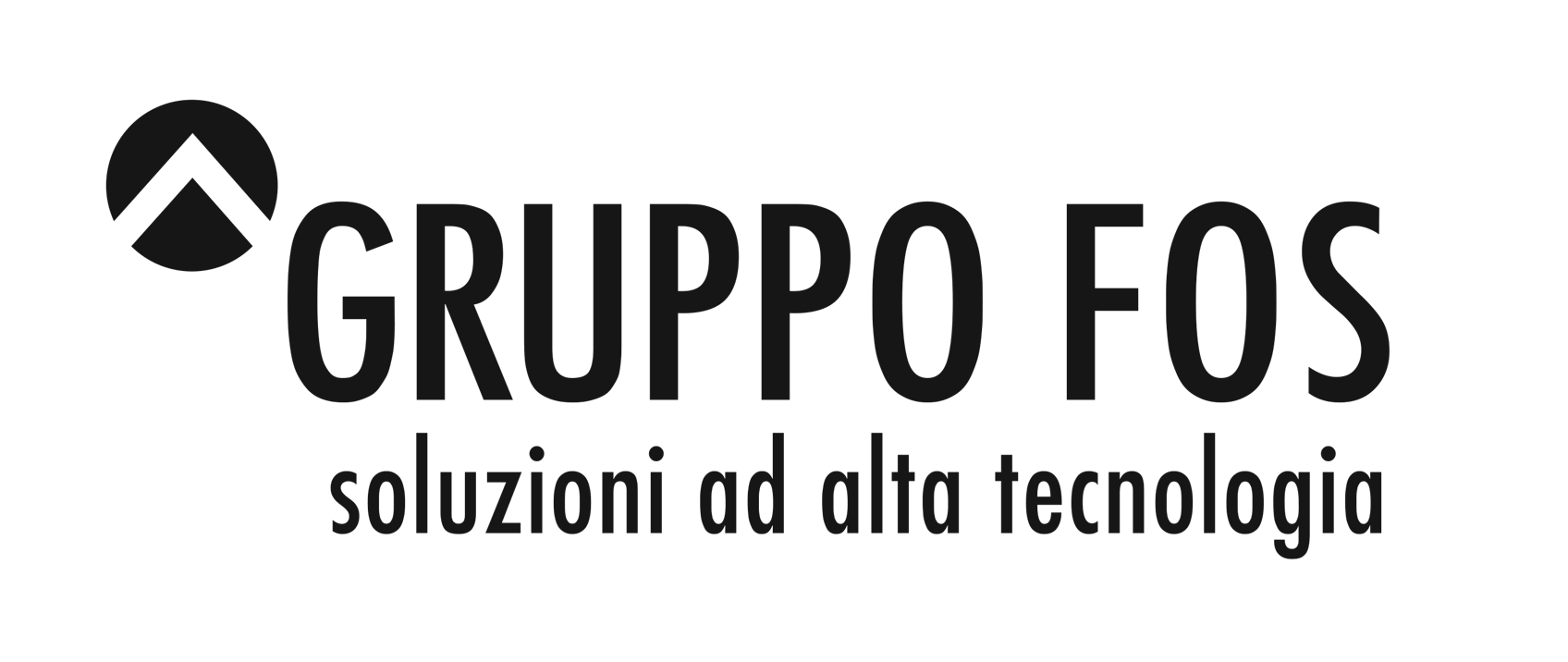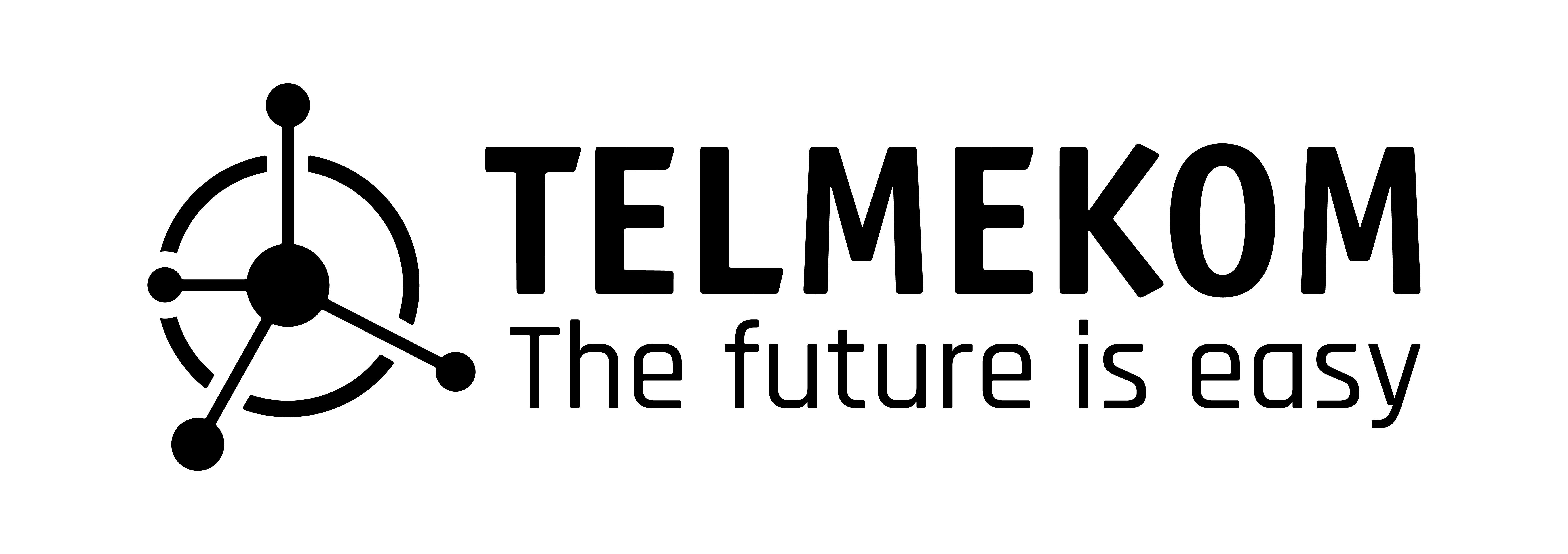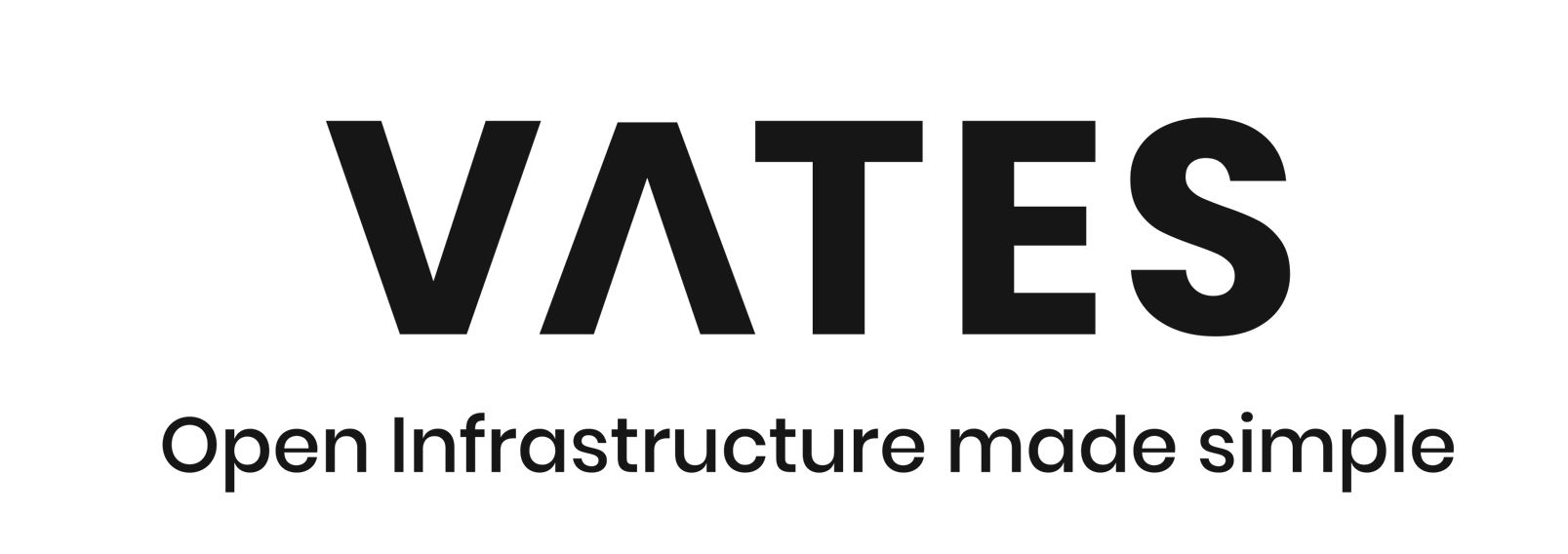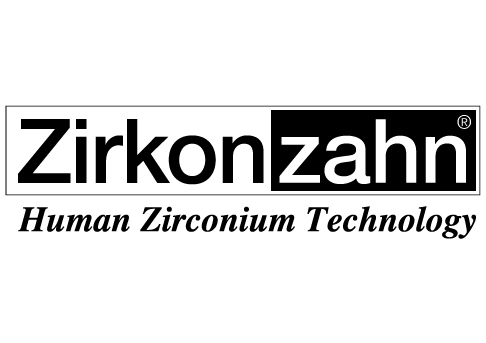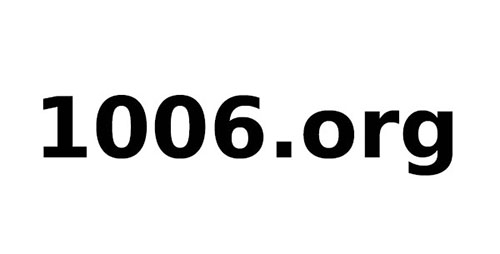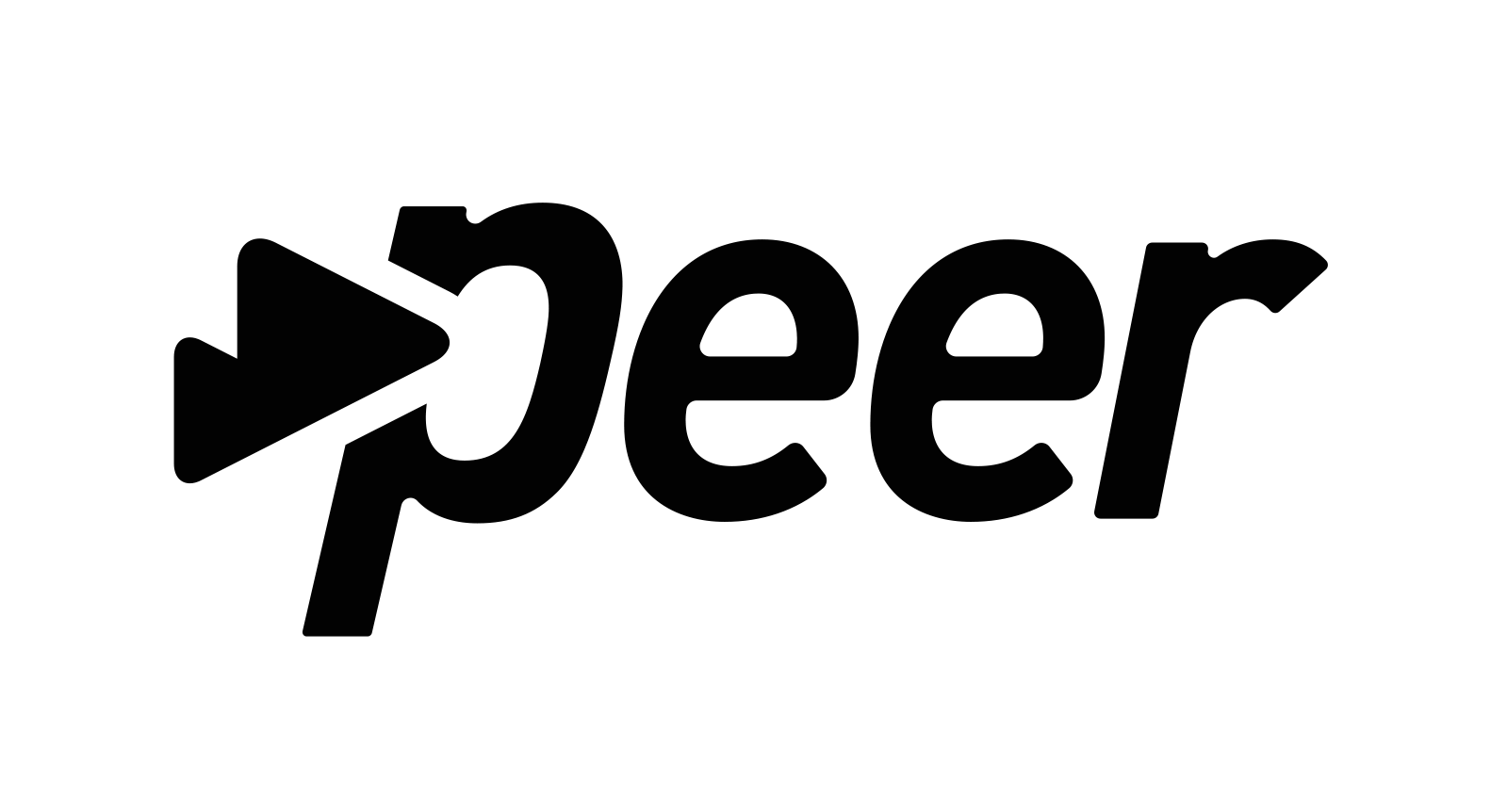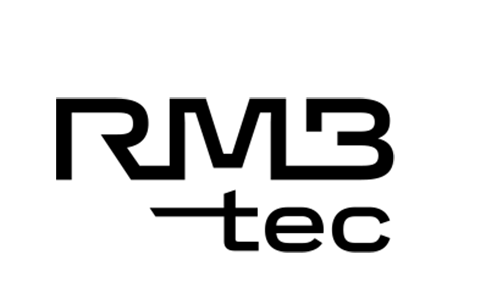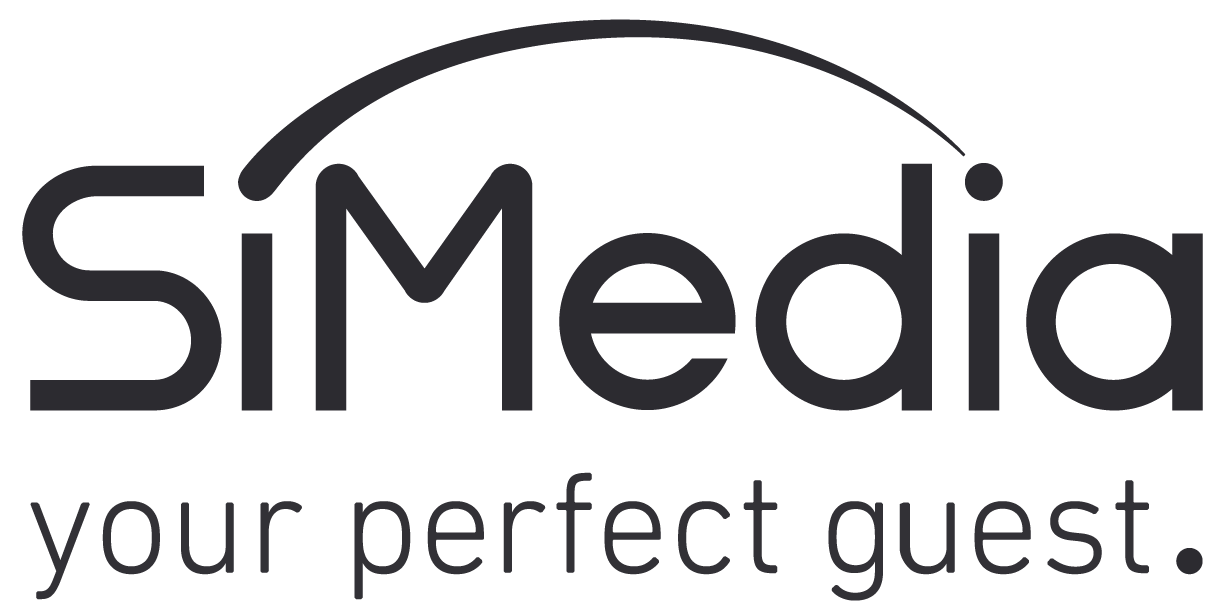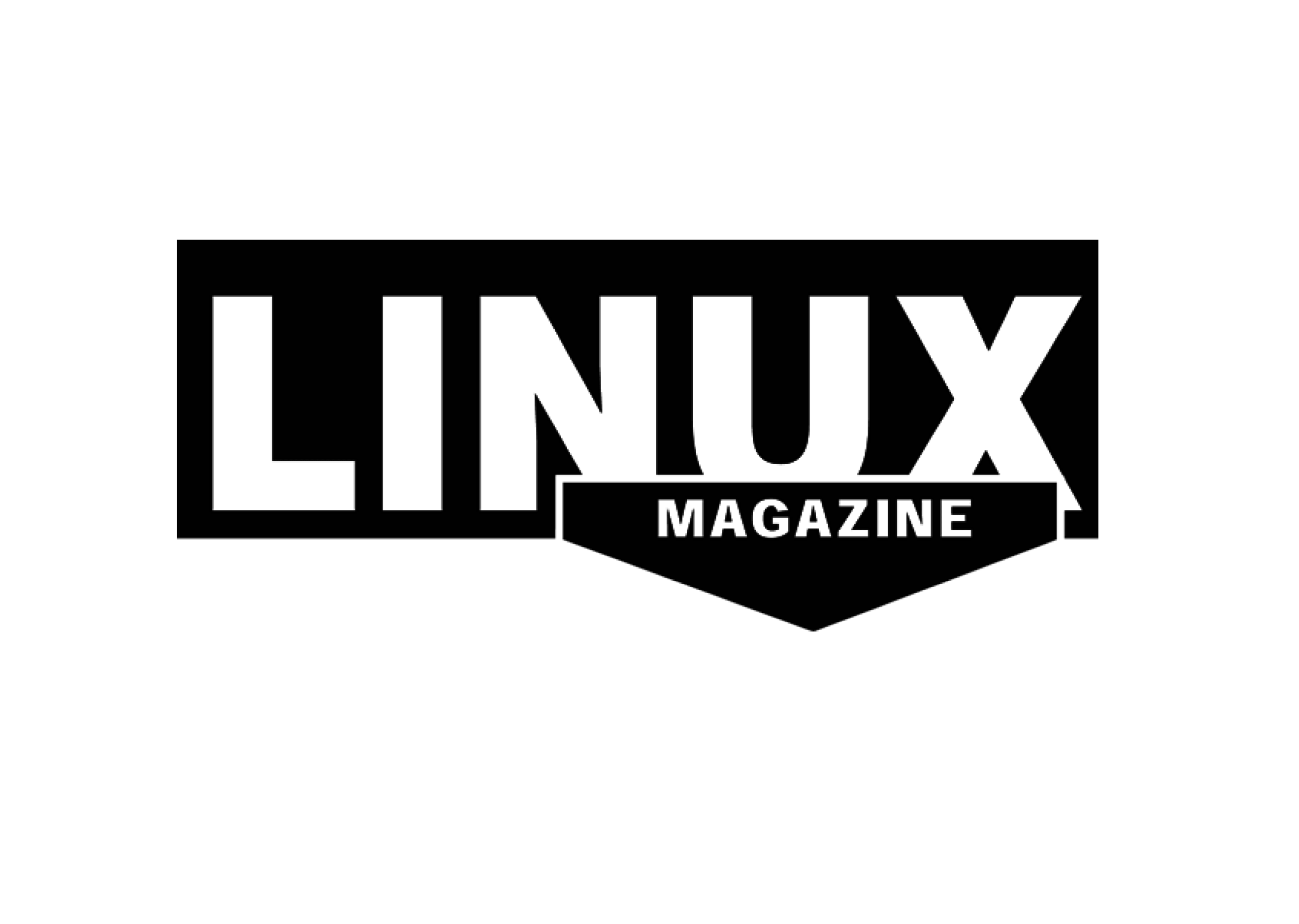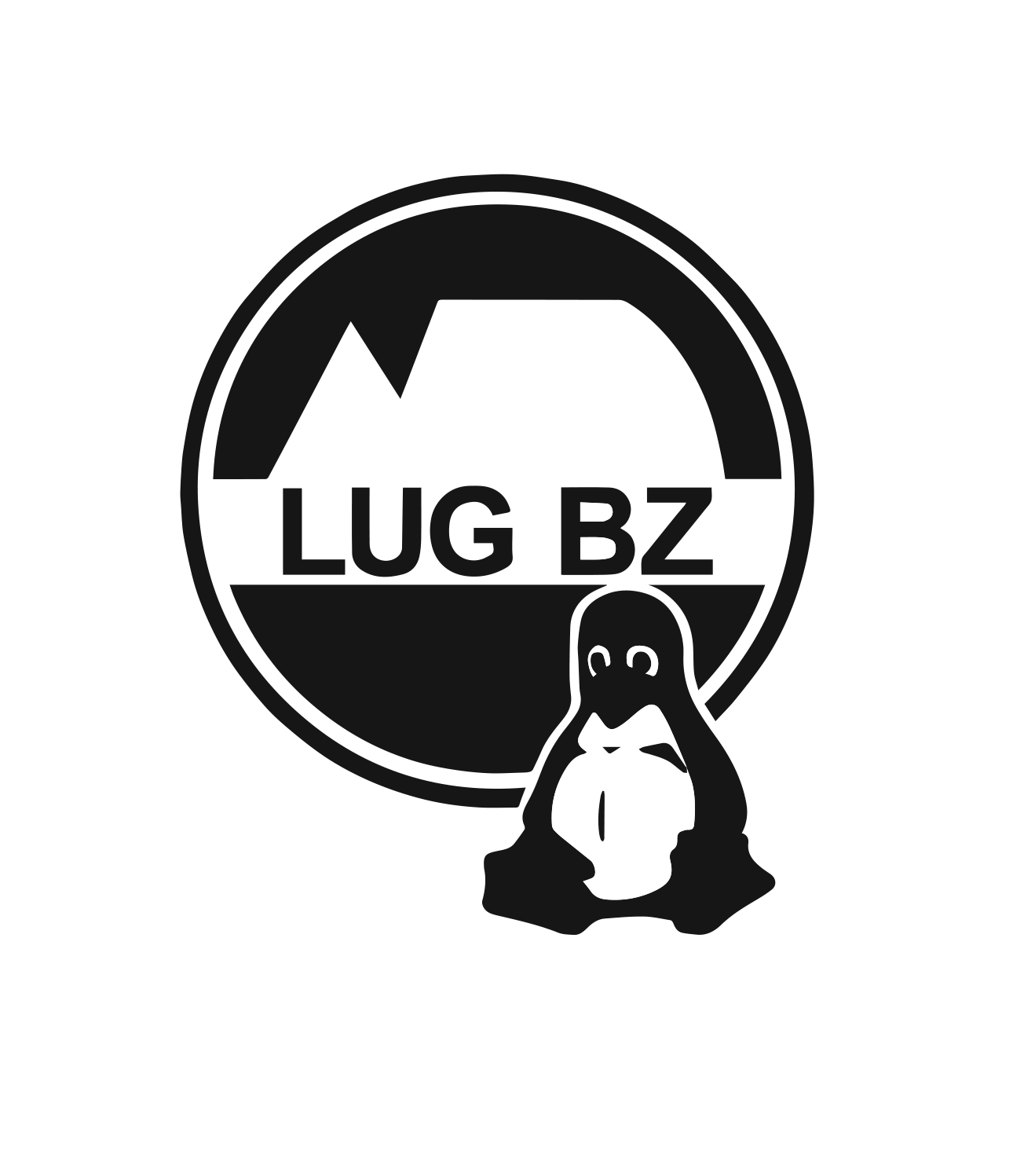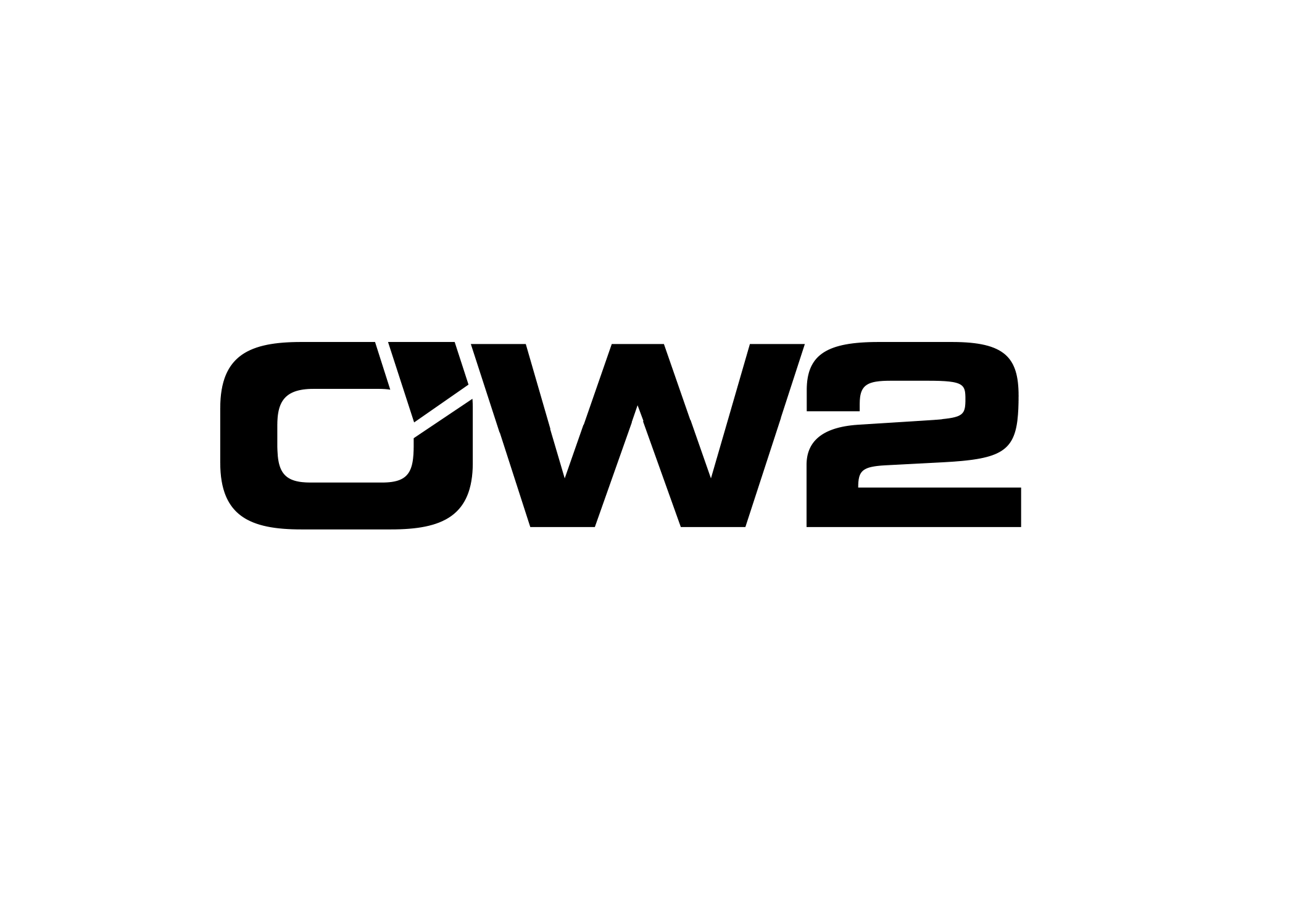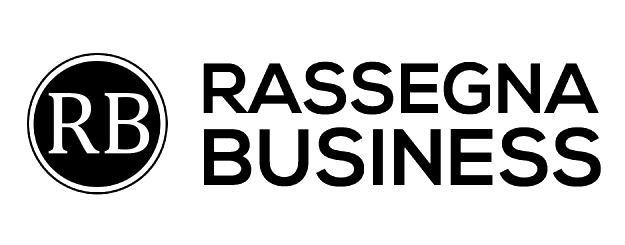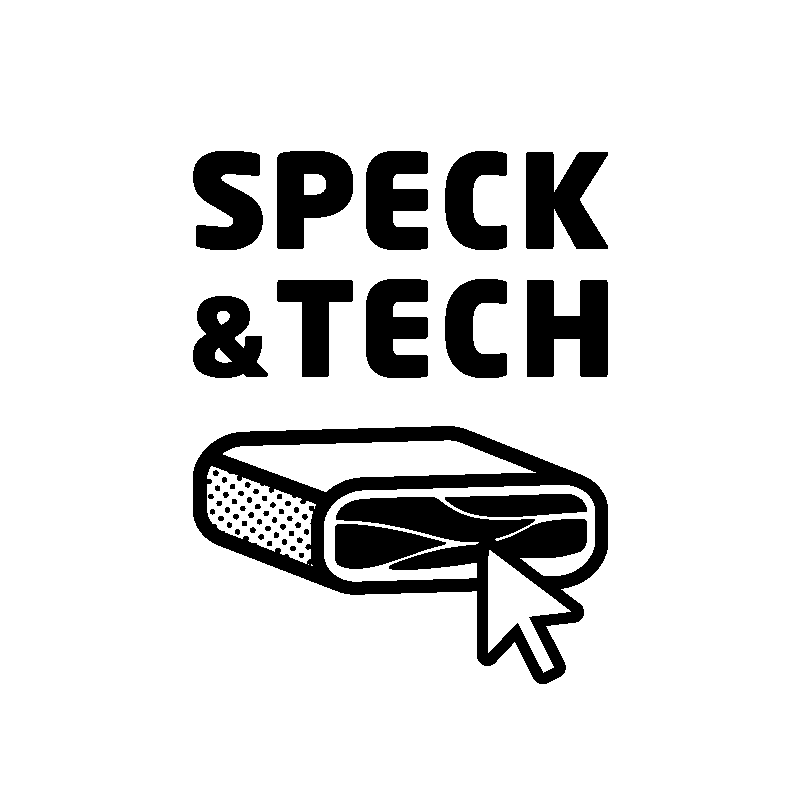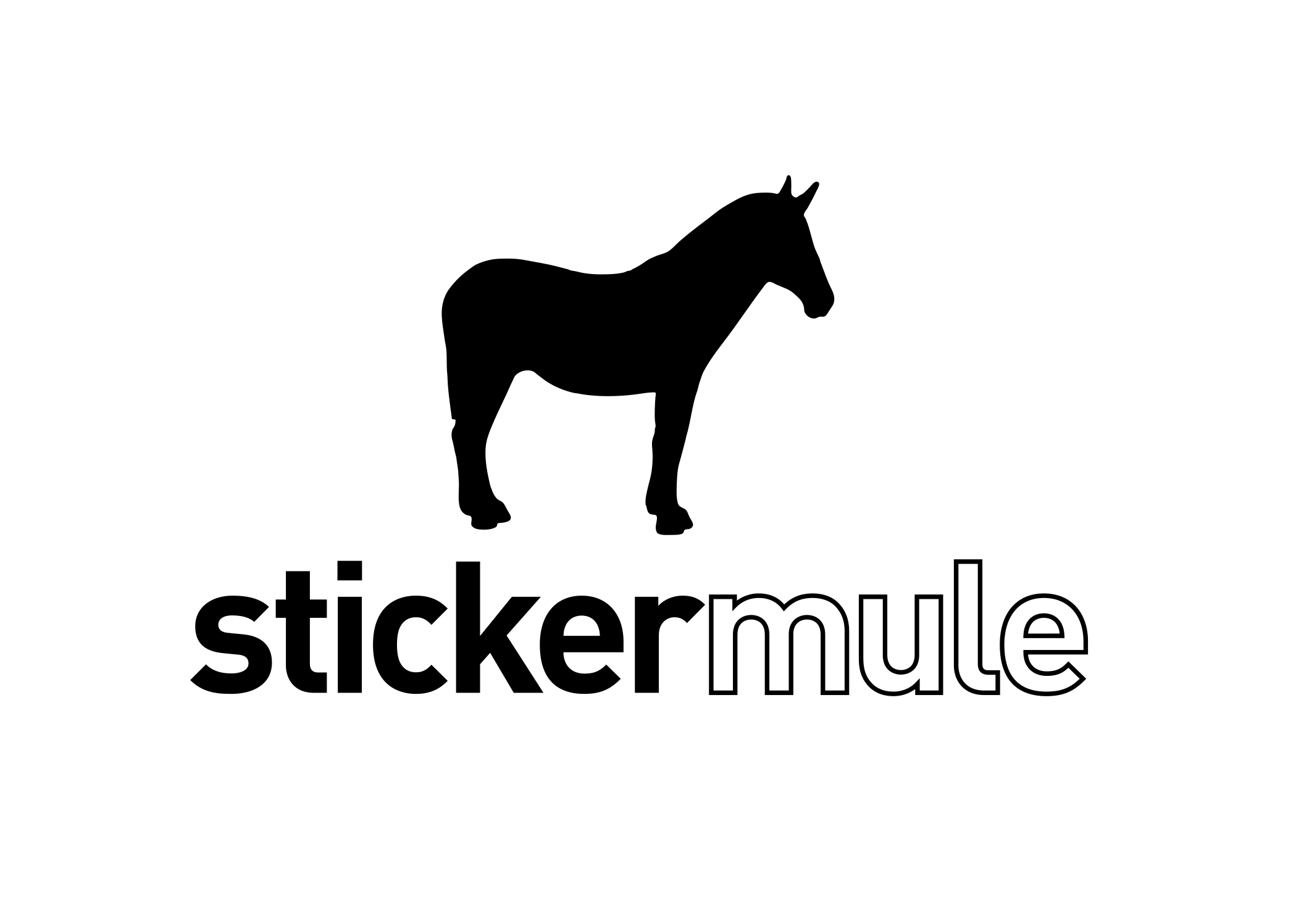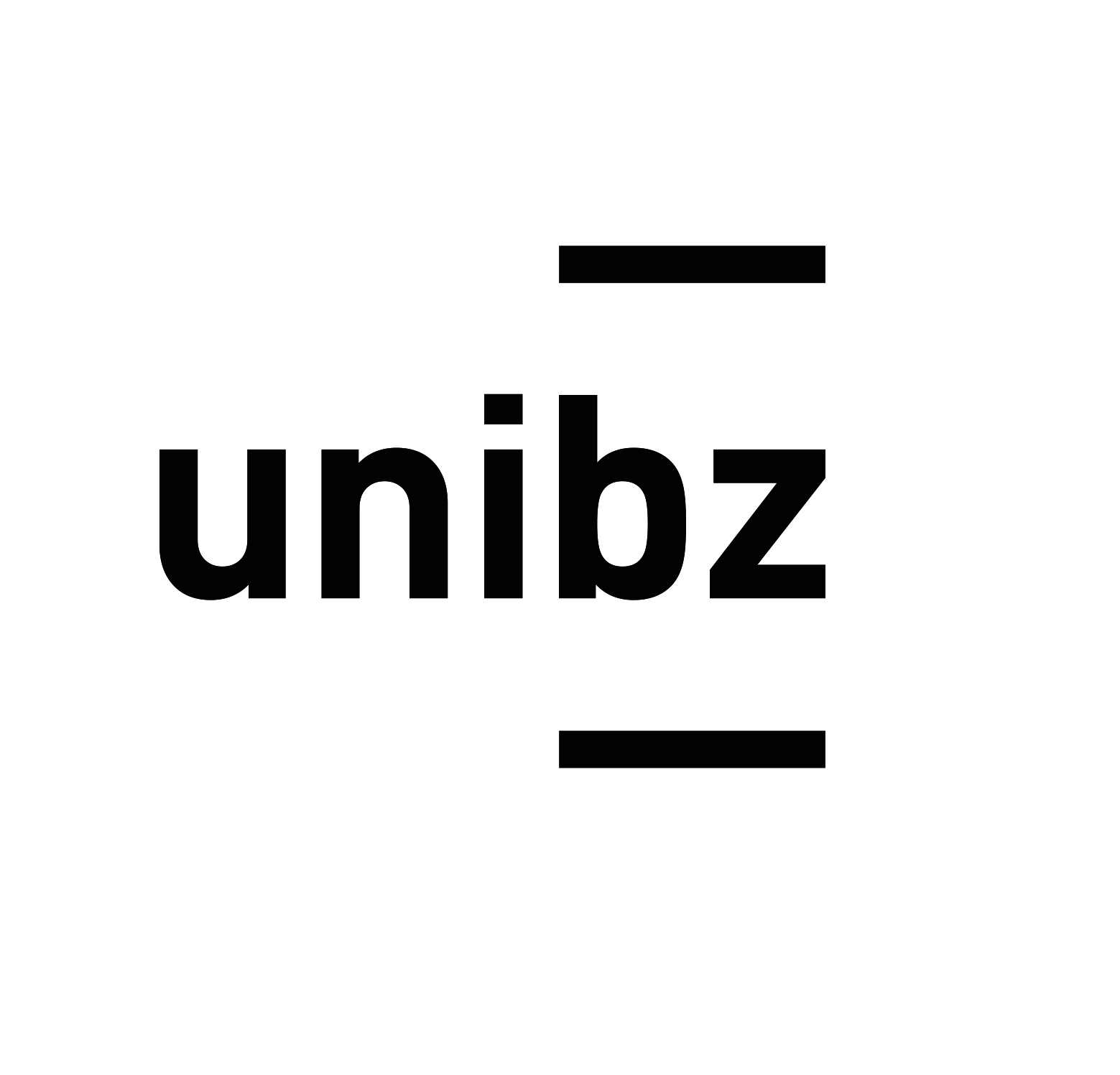As societies grow in complexity, interoperability becomes fundamental. From water sewage systems, to transport and telecommunications, interoperability has served to increase human interaction.
However, the history of interoperability is marked by a contradiction: while companies benefit from depending the incentives, they become adversarial when their services become object of interoperability regulations.
An example is how the EU is regulating interoperability under the Digital Markets Act (DMA). The DMA is a EU law aimed in increasing fair competition, imposing broad interoperability rules on “gatekeepers”, understood as very large companies dominating digital markets.
This talk presents the work of the Free Software Foundation Europe (FSFE) to make sure the DMA is implemented and enforced in a developer-friendly way. We’ll look at what the DMA means for developers building alternative app stores, emulators, browsers, and other tools empowering user choice and freedom.
Unfortunately, gatekeepers are already making it unnecessarily difficult for Free Software developers to request and obtain the interoperability the DMA guarantees, often through legal, technical, or bureaucratic hurdles. We want to change that, and have been following the developers journey to request interoperability, making sure their issues are highlighted to the European Commission.
We’ll introduce the DMA Interoperability Survey, a project to collect real experiences from developers who request access under the DMA. Free Software plays a key role in reclaiming user control over technology, but to compete fairly, it needs real interoperability.



